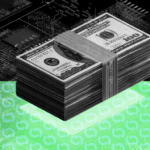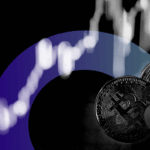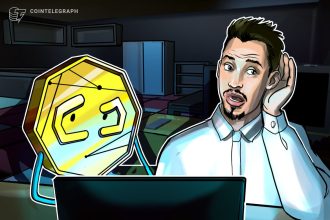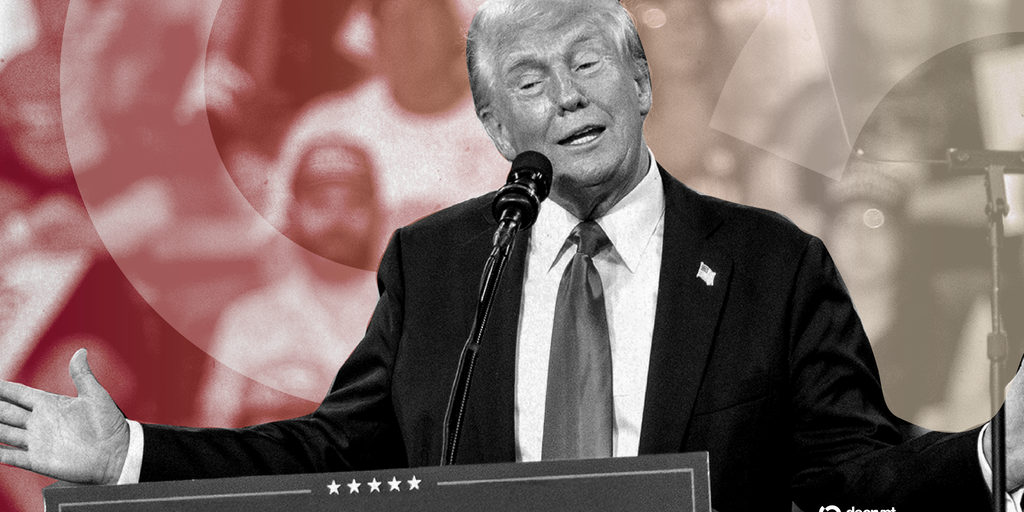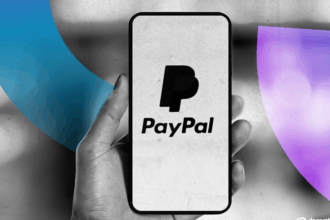GameStop’s Unique Bitcoin Strategy and Future Crypto Integration
GameStop CEO Ryan Cohen outlined the company’s approach to cryptocurrency on Tuesday (June 4), dismissing the idea of amassing Bitcoin like tech giants and revealing its evaluation of accepting crypto for trading card sales.
Key Points
- CEO Ryan Cohen discussed the company’s $500 million-plus Bitcoin investment.
- GameStop will pursue a “unique strategy” distinct from major treasury holders like MicroStrategy.
- The company plans to explore using crypto for payments of trading cards.
- A specific Bitcoin treasury expansion or payment integration timeline is not yet confirmed.
- Recent $2.7 billion funding round is relevant to GameStop’s potential crypto plans.
Investment Details and Purpose
GameStop announced purchases exceeding $512 million (~4,710 BTC) concentrated earlier this year. Cohen framed the investment as a portfolio diversification and a hedge against inflation, mirroring potential personal investment decisions.
The $2.7 billion fundraise completed recently could potentially be allocated towards further Bitcoin acquisition, aligning with the stated investment strategy.
Speaking in an interview with CNBC, Cohen asserted a measured approach:
“We will deploy that capital responsibly… only look for opportunities where the downside is limited and there’s a lot of upside. We’ll be opportunistic.”
While rejecting comparisons to MicroStrategy, Cohen highlighted the company’s robust financial position, with a strong cash balance enabling value-adding investments.
Exploring Crypto Payments for Trading Cards
A new avenue being studied is the acceptance of cryptocurrency payments via GameStop stores and online platforms for trading cards and collectibles.
“There’s an opportunity to buy trading cards, and do so using cryptocurrency,” said Cohen. Market demand for such services remains uncertain.
When asked about acceptable cryptocurrencies, he offered a broad view: “We’re going to look at all cryptocurrencies.”
This follows previous, now-discontinued experiments directly related to blockchain technology, including developing a crypto wallet and managing an NFT marketplace, citing US regulatory uncertainty as a cited reason.



